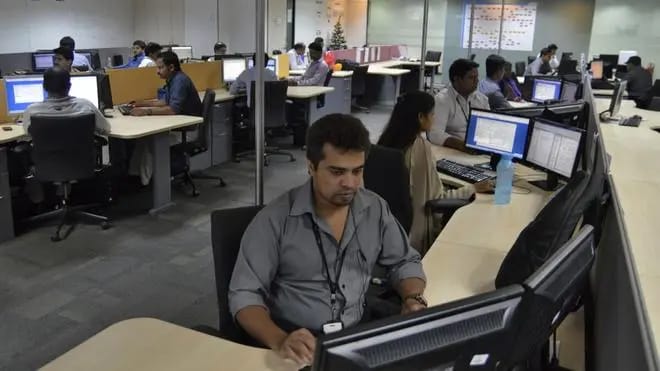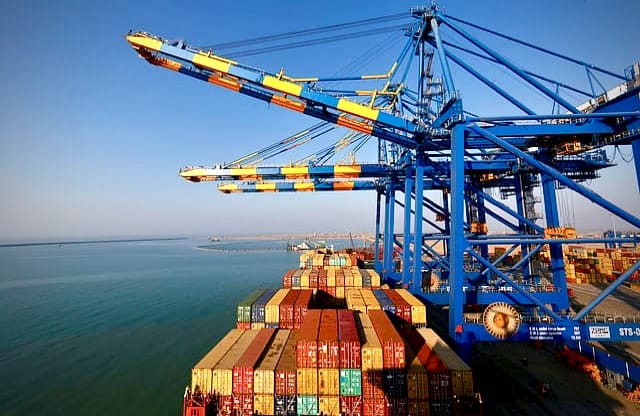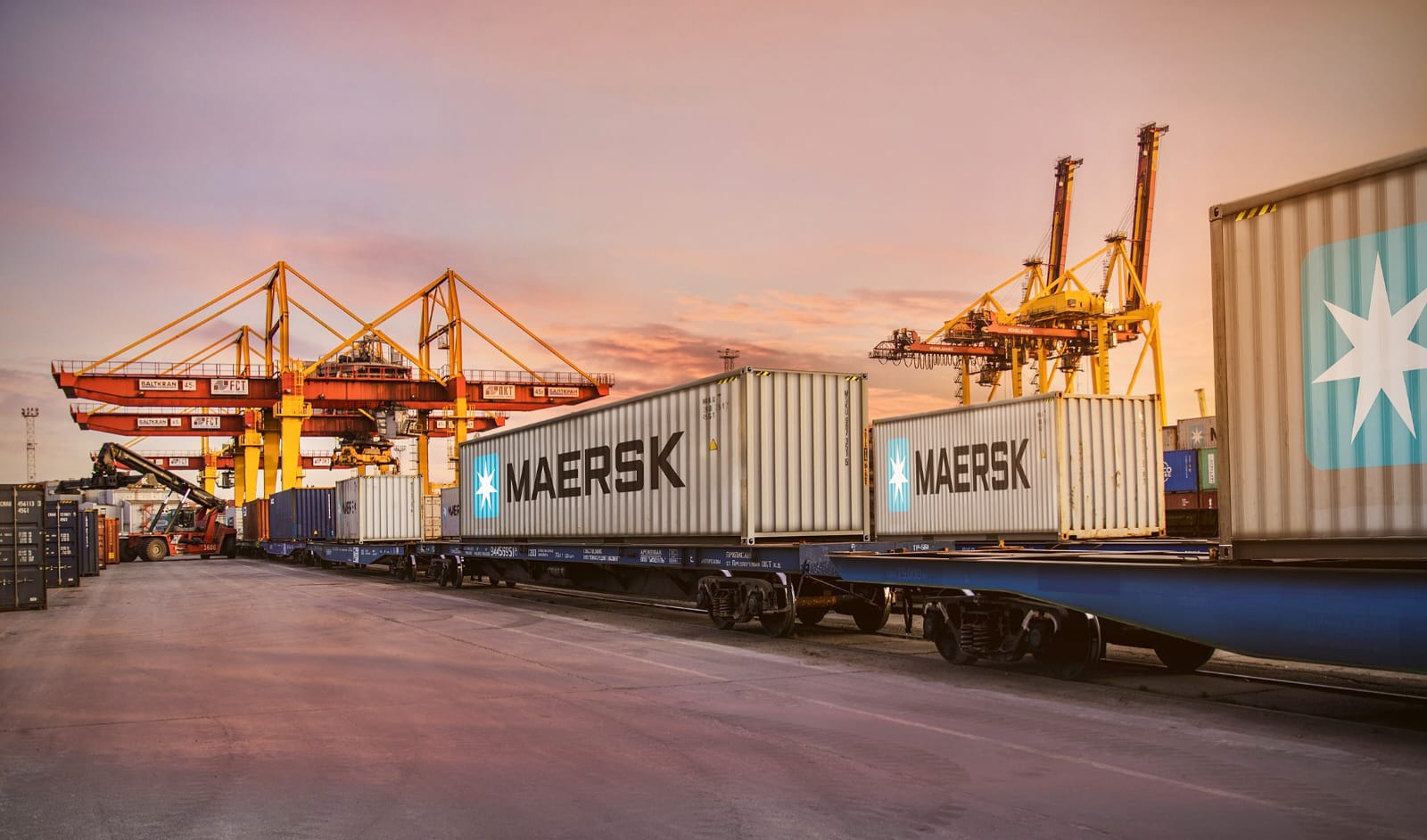
AWS’s recent $5 billion commitment to bolster its cloud infrastructure and generative AI capabilities in South Korea signals a profound strategic realignment among America’s largest technology giants, reflecting the evolving tenets of global capitalism. This substantial overseas allocation, building on a prior $7.7 billion regional investment, epitomizes a fundamental shift in capital expenditure priorities for Fortune 500 companies, away from traditional physical expansion in domestic operations towards securing future revenue streams in the fiercely competitive global AI arena.
For Amazon shareholders, whose enthusiasm for AI has fueled significant stock gains, this investment is a critical barometer. It underscores a calculus where the perceived long-term value of establishing early, dominant positions in burgeoning AI markets outweighs immediate liquidity. Veteran corporate America observers recognize this as a modern iteration of the 1990s shareholder value focus, now supercharged by technological imperatives. C-suite leaders who’ve steered American corporations through recessions, regulatory shifts, and technology disruptions understand that leadership in the generative AI race will dictate future enterprise valuation and shareholder returns. The $58.3 billion in total capital expenditure Amazon reported in 2022, a 15% year-over-year increase, indicates a global investment surge, but this targeted $5 billion offshore allocation is particularly telling. It signals a sophisticated, calculated bet on specific international growth vectors over other investment opportunities, requiring a keen eye on optimizing the global competitive landscape.
However, this strategic pivot is not without its domestic reverberations. Critics, particularly labor advocates, articulate concerns that such significant capital flows abroad divert resources that could otherwise bolster U.S. job creation or reshoring initiatives. This tension between global market penetration and domestic employment echoes historical debates about globalization, a phenomenon accelerated by Reagan-era deregulation. The increasing scrutiny of labor practices and the recent shifts in labor power have brought these questions back into focus, transforming capital allocation into a subject of broader public discourse, rather than solely a matter for boardrooms and analysts. The argument is whether investment in high-skilled international roles genuinely complements or inadvertently competes with opportunities within the U.S.
Operationally, the investment represents a bold play for technological supremacy. Financing next-generation, power-efficient data centers and deploying high-performance GPUs like Nvidia’s H100s, alongside AWS’s custom Trainium and Inferentia chips, is a clear signal of intent. High-bandwidth networking infrastructure, essential for distributed AI training, underscores the technical ambition. Long-time Wall Street analysts, whose sector coverage has spanned market cycles and management regimes, understand that such infrastructure is foundational to securing market share in AI workloads. “This isn’t just about putting servers in a rack; it’s about securing future revenue streams from the most valuable compute cycles on the planet,” remarked Sarah Chen, a senior technology analyst at Guggenheim Partners, capturing the essence of this high-stakes competition.
The competitive context is paramount. Microsoft, with its OpenAI alliance, and Google, through its extensive cloud and AI offerings, are likewise pouring billions into global data centers. AWS’s aggressive move directly counters these rivals, ensuring localized capacity to attract and retain demanding AI workloads. Data sovereignty and low-latency access are compelling drivers for a local footprint, addressing critical requirements for South Korean enterprises and government agencies and making AWS services more attractive and compliant with local regulatory compliance. Seasoned U.S. industry watchers note that this localized strategy is vital not just for market access but for mitigating potential future trade barriers or data localization mandates, a lesson learned from complex trade relations over decades.
From a regulatory perspective, this investment unfolds amid a global tightening of controls over data privacy, competition, and AI ethics. While South Korea generally offers a supportive tech regulatory environment, regulators are increasingly mirroring initiatives seen in the European Union. “While we welcome foreign investment, we will closely monitor data handling practices and market concentration to ensure fair competition and protect consumer interests,” stated a spokesperson for the Korean Fair Trade Commission. This reflects a broader trend of renewed antitrust enforcement, reminiscent of post-2008 reforms that sought to rein in corporate power. The potential for a single American entity to gain excessive market leadership in a critical, emerging sector invariably invites heightened scrutiny, challenging traditional notions of unfettered market expansion.
Ultimately, AWS’s ability to quickly deploy this infrastructure and achieve high utilization rates will be crucial for positive quarterly earnings and generating a return on this substantial capital. The unrelenting pace of AI innovation demands continuous adaptation. Customer adoption and effective support for complex AI services within South Korea will present considerable execution challenges. Should deployment falter or competition intensify beyond current projections, this investment could pressure AWS’s short-to-medium term profitability, despite its compelling strategic merit. Those who’ve covered American business through multiple administrations know that even the most ambitious corporate strategies face unforgiving market realities. This bold play by AWS represents a microcosm of American capitalism’s ongoing evolution: an aggressive pursuit of global technological dominance balanced against domestic critiques, intensified regulatory oversight, and the relentless demands of the capital markets.







